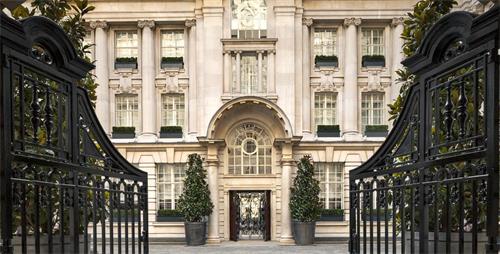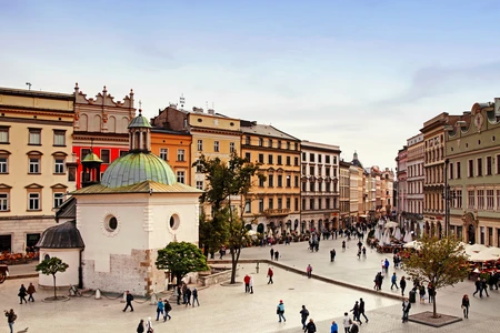
Egypt, the land of ancient wonders and modern marvels, is a dream destination for many travelers. From the iconic pyramids of Giza to the vibrant chaos of Cairo, there's no shortage of awe-inspiring sights to explore. However, Egypt's climate can be unforgiving, with scorching temperatures and bustling crowds that may detract from the experience. So, when is the best time to visit Egypt to escape the heat and avoid the masses?
Seasons in Egypt
Understanding Egypt's seasonal variations is crucial to planning a comfortable and enjoyable trip. The country experiences two main seasons: summer and winter, with brief transitions in between.
Summer (June to August): Summer in Egypt is synonymous with extreme heat, with temperatures often soaring well above 40°C (104°F) in many parts of the country, particularly in the desert regions. The intense heat can make outdoor activities uncomfortable and even dangerous, especially for those unaccustomed to such high temperatures. Additionally, summer coincides with the peak tourist season, meaning popular attractions are likely to be crowded and accommodations may be pricier.
Winter (November to February): Winter brings relief from the scorching heat, with milder temperatures making outdoor exploration much more pleasant. Daytime temperatures typically hover between 20°C to 25°C (68°F to 77°F), making it ideal for sightseeing and outdoor activities. Winter is also considered the peak tourist season, especially around the Christmas and New Year holidays, so expect larger crowds and higher prices during this time.
Shoulder Seasons
Spring (March to May): Spring is arguably the best time to visit Egypt for those looking to avoid both the heat and the crowds. Temperatures are mild, ranging from 25°C to 30°C (77°F to 86°F), making it comfortable for exploring without the discomfort of extreme heat. Moreover, spring marks the beginning of the shoulder season, meaning fewer tourists and more manageable crowds at popular attractions.
Autumn (September to October): Similar to spring, autumn offers pleasant temperatures, making it another excellent time to visit Egypt. While temperatures can still be warm, especially in early September, they gradually begin to cool down as the season progresses. Autumn also sees a decrease in tourist numbers compared to the peak summer and winter months, allowing for a more relaxed and enjoyable travel experience.
Factors to Consider
Festivals and Events: Keep in mind that certain festivals and events may influence the timing of your visit to Egypt. For example, Ramadan, the Islamic holy month of fasting, affects daily life and business hours throughout the country. While experiencing Ramadan in Egypt can be culturally enriching, it's essential to be respectful of local customs and be prepared for potential disruptions to your travel plans.
Popular Attractions: Consider the popularity of the attractions you wish to visit when planning your trip. While iconic sites like the pyramids of Giza and Luxor's ancient temples are must-sees, they are also magnets for crowds year-round. To minimize the impact of crowds, consider visiting these sites early in the morning or late in the afternoon when tourist numbers tend to be lower.
Choosing the Right Itinerary: Tailoring your itinerary to include a mix of popular and off-the-beaten-path destinations can help you avoid crowds while still experiencing the highlights of Egypt. Consider exploring lesser-known sites such as Siwa Oasis or the White Desert, where you're more likely to have a more authentic and intimate travel experience.
The best time to visit Egypt to avoid the heat and crowds is during the shoulder seasons of spring and autumn. With mild temperatures and fewer tourists, these seasons offer the perfect balance for enjoying Egypt's rich history and breathtaking landscapes without the discomfort of extreme heat or the hassle of large crowds. By planning your trip strategically and being mindful of local events and attractions, you can make the most of your Egyptian adventure and create memories to last a lifetime.





